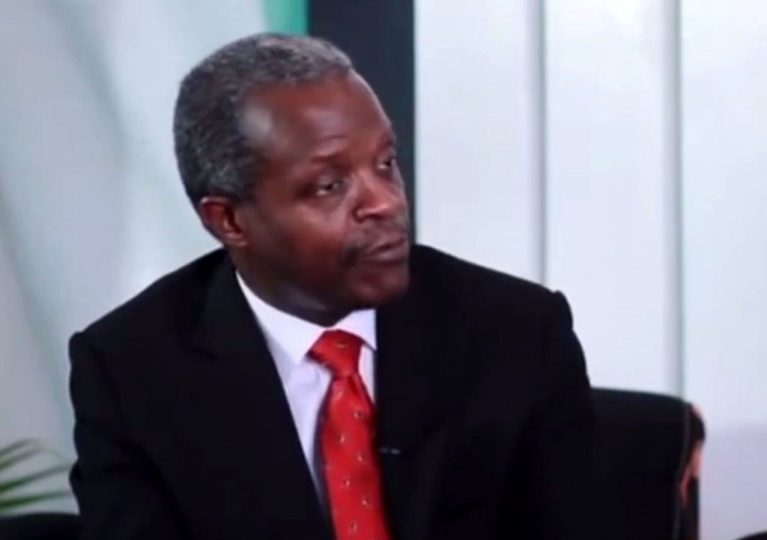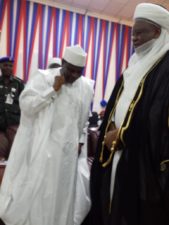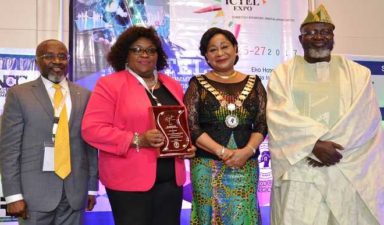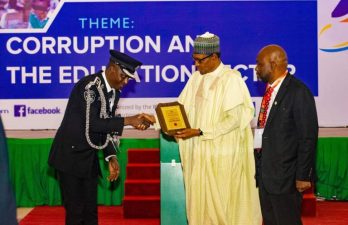*Says executive, legislature, judiciary corrupt
Acting President Yemi Osinbajo on Thursday urged foreign countries where Nigeria’s stolen assets were kept to return them immediately.
The acting president was speaking at the Aso Rock Presidential Villa in Abuja during the National Dialogue on Corruption themed “The Limitless Ramifications of Corruption”.
According to Osinbajo, the cooperation of the international community “is one of the critical issues in our fight against corruption.”
He said the Federal Government had discovered that the process of returning assets from counties where they were stashed was so difficult that it would take years to achieve.
“Aside from the judicial process, the whole process of returning assets is so difficult and complicated that it could just take you literally years to get assets recovered,” he stated.
He restated that it was important for countries where stolen assets were located to work with Nigeria and ensure that they are returned.
Osinbajo described corruption as an existential threat to Nigeria, “both as a nation and as a viable economic entity.”
The acting president, who said corruption in Nigeria was systemic, stressed that none of the three arms of government could absolve itself from graft.
He said: “Clearly, there is no doubt whatsoever whether every one arm of government can excuse itself, every part or arm of the society can excuse itself. But the truth of the matter is that we all know that corruption in Nigeria is systemic. It doesn’t matter whether it is the executive arm of government, the judiciary or the legislature, every arm of government is involved in this systemic and life threatening social anomaly called corruption.
“There’s no question at all, and it affects all segments of the society. It affects the religious, it affects agencies and civil society groups. There’s no one in our nation that can say he/she is not in one way or the other, not necessarily being complicit! but at least under some influence of or some of the implications of corruption. So, I think we should leave the finger-pointing because the finger- pointing is unhelpful. What’s important is that we recognise that there’s a major problem here.
“What I’d like us to do, if possible, in the course of this dialogue, is to look at models that have worked elsewhere and see whether they are somewhat applicable here. The truth of the matter is that there is nothing peculiar about the Nigerian citizen or the Nigerian type. Corruption thrives where it is allowed to thrive, and there are many societies that have found themselves in worse circumstances than Nigeria and have somehow managed to solve their problems.”




